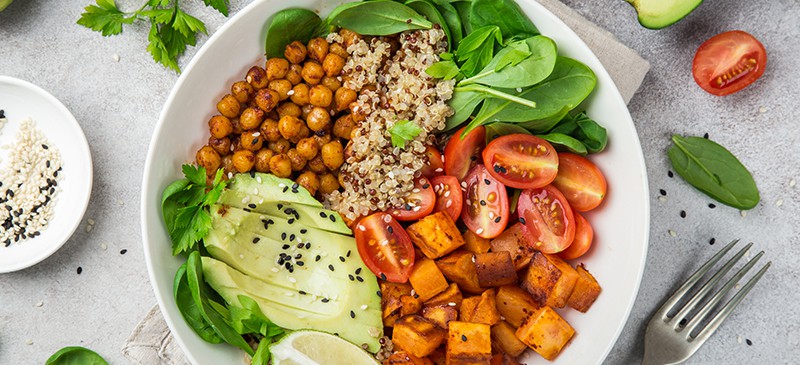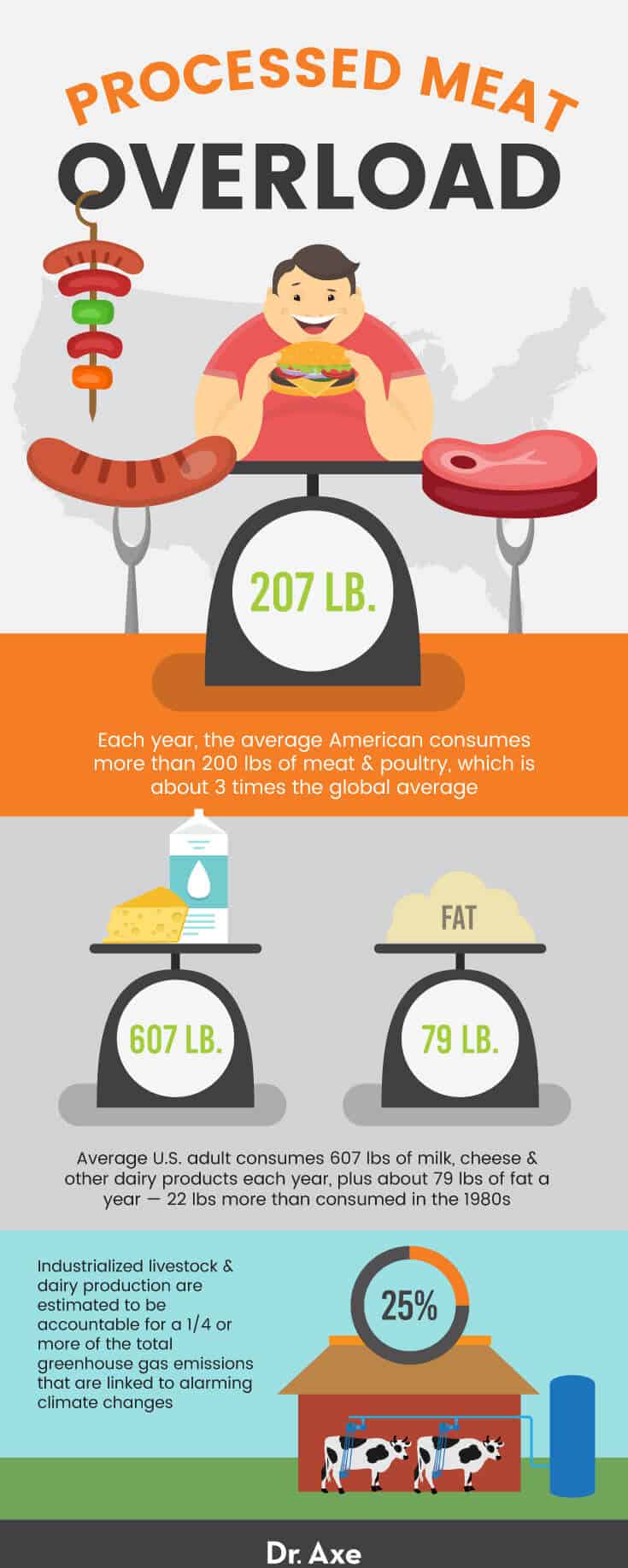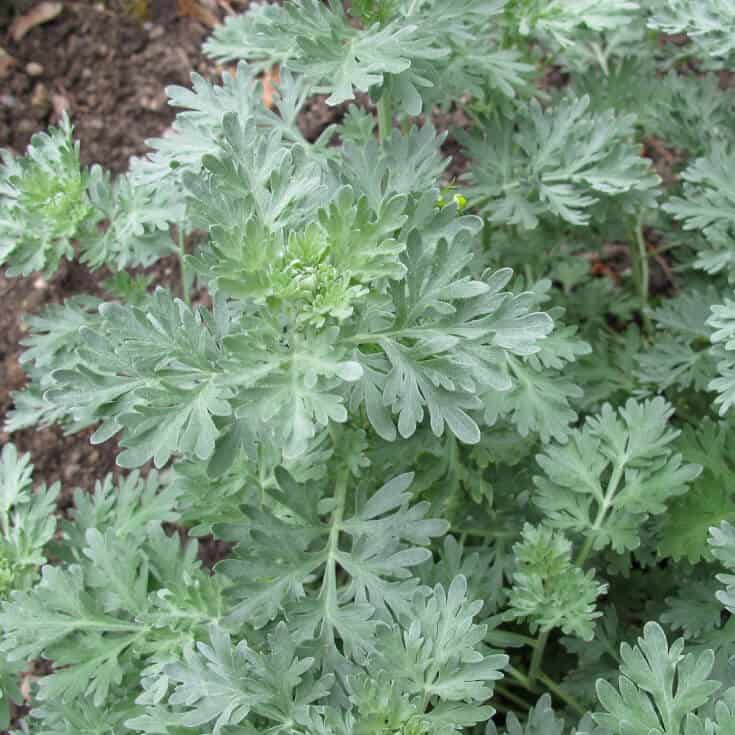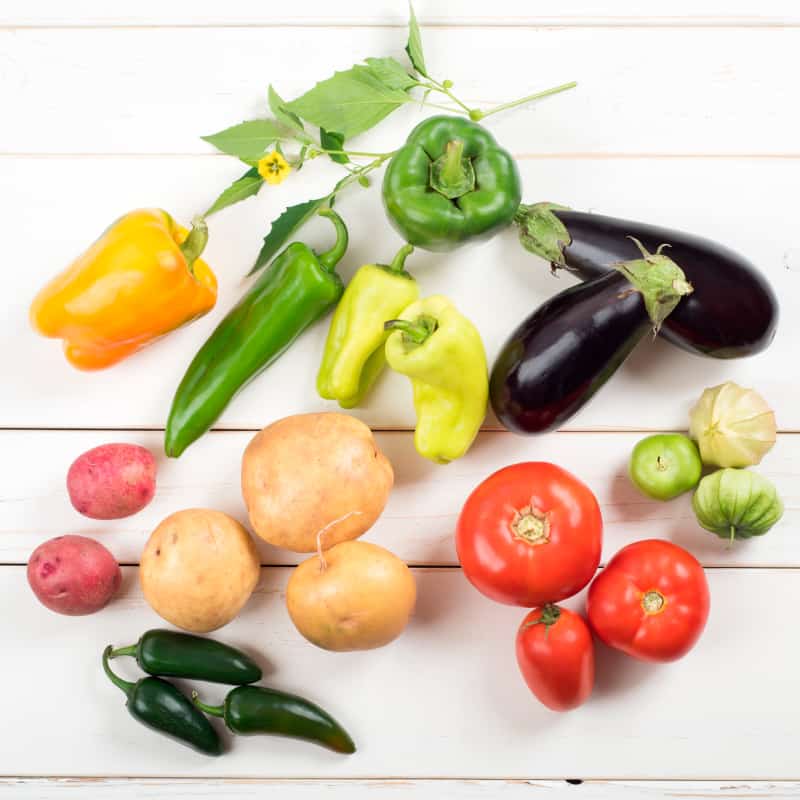This Dr. Axe content is medically reviewed or fact checked to ensure factually accurate information.
With strict editorial sourcing guidelines, we only link to academic research institutions, reputable media sites and, when research is available, medically peer-reviewed studies. Note that the numbers in parentheses (1, 2, etc.) are clickable links to these studies.
The information in our articles is NOT intended to replace a one-on-one relationship with a qualified health care professional and is not intended as medical advice.
This article is based on scientific evidence, written by experts and fact checked by our trained editorial staff. Note that the numbers in parentheses (1, 2, etc.) are clickable links to medically peer-reviewed studies.
Our team includes licensed nutritionists and dietitians, certified health education specialists, as well as certified strength and conditioning specialists, personal trainers and corrective exercise specialists. Our team aims to be not only thorough with its research, but also objective and unbiased.
The information in our articles is NOT intended to replace a one-on-one relationship with a qualified health care professional and is not intended as medical advice.
Vegan Diet Beginner’s Guide and Food List
February 13, 2020

Vegans choose to avoid eating all animal products for a combination of reasons, which typically include better health, increased weight loss, protection against chronic disease or environmental and ethical concerns.
In contrast, the average American consumes more than 200 pounds of meat and poultry each year, which is about three times the global average. In addition, the average adult living in the U.S. consumes 607 pounds of milk, cheese and other dairy products annually, plus around 79 pounds of fat a year, which is a whopping 22 pounds more than consumed in the 1980s.
Following a vegan diet is one way to avoid the dangers of conventional meat and dairy. Wondering what to eat on a vegan diet, is a vegan diet healthy and what are the benefits? Keep reading this comprehensive guide to the vegan diet for beginners for everything you need to know.
What Is A Vegan Diet?
Vegans are vegetarians that take things one step further, avoiding all animal products — including eggs, dairy and honey — in their diets.
Many vegans make a commitment to eat more plant foods, especially fruits and vegetables, along with whole grains, beans, legumes, nuts and seeds. In addition to eating fewer animal products, most also work on limiting ultra-processed foods, such as refined carbs, sugar-sweetened beverages and convenience meals.
There’s several variations and definitions when talking about vegetarianism. Here are the most common:
- Vegan: Abstains from all animal products, including meat, fish, poultry, eggs, dairy and honey.
- Vegetarian: Follows a plant-based diet, which may includes eggs and/or dairy.
- Pescatarian: Involves following a diet rich in vegetables, fruits, nuts, grains, beans, eggs, dairy and fish, but excludes meat and poultry.
- Raw vegan: Consists of raw foods (usually all vegan) that have not been heated over 46º C or 115º F. When you decide to go on a raw vegan diet, you’re only allowed to eat limited foods, which can make it hard to stick with long term.
Related: Why You Should Try the Green Mediterranean Diet Plan (Benefits, Recipes & More)
Common Foods
Fruits and vegetables are generally considered staple ingredients in a typical vegan meal.
A healthy vegan breakfast, for instance, might consist of oatmeal, fruit, nuts, coconut milk and seeds. For lunch, it might be rice and beans with a salad. Throughout the day, vegans might snack on nuts, raw veggies and hummus, and more fruit. And for dinner, foods like tofu, beans, grains or sweet potatoes are common.
Depending on the exact type of plant-based diet someone follows, some of the ingredients on a vegan diet list may include:
- Fruits: apples, oranges, pears, pineapples, bananas, peaches
- Vegetables: broccoli, cauliflower, squash, potatoes, zucchini, eggplant
- Nuts and Nut Butters: almonds, walnuts, macadamia nuts, pistachios
- Seeds: chia seeds, hemp seeds, flax seeds
- Protein Foods: tofu, tempeh, natto, nutritional yeast
- Legumes: beans, lentils, chickpeas, peas
- Whole Grains: oats, barley, buckwheat, quinoa, couscous
- Healthy Fats: olives, avocados, unrefined vegetable oils
- Plant-Based Milks: almond milk, oat milk, soy milk, cashew milk
- Herbs and Spices: black pepper, cumin, turmeric, ginger, garlic powder
Note that if you’re a raw vegan, some of these foods are further limited. Foods that are allowed in limited quantities on a vegan diet include those that have not been heated over 115º F.
Related: What Is the Climatarian Diet? Benefits, Meal Plan & More
Foods to Avoid
Vegans avoid meat, fish, eggs and dairy. They also might not consume honey or any products made with any sort of animal-derived ingredients like gelatin.
Despite excluding meat, dairy, eggs and fish, not all vegan diets are identical as you can avoid animal foods and still consume many unhealthy ingredients like white bread, refined oils and lots of sugar. However, a healthy vegan diet should be composed largely of unprocessed whole foods.
Foods that are restricted on a vegan diet include:
- Meat: beef, pork bison, lamb
- Poultry: chicken, turkey, duck, goose
- Seafood: tuna, salmon, anchovies, mackerel
- Dairy Products: milk, yogurt, cheese, butter
- Eggs
- Honey
- Animal-Based Ingredients: lard, gelatin, casein, carmine

Health Benefits
1. You’ll Likely Lose Weight
Many people switch to a vegan diet plan for weight loss. This is because switching up your diet to include more plant-based foods and fewer processed foods can be an effective strategy to decrease caloric intake. In fact, cross-sectional studies of vegetarians and vegans have shown that vegans, in particular, tend to have a lower body weight.
Not only are plant-based foods generally lower in calories to support vegan weight loss, but they are also typically loaded with fiber. Fiber is a nutrient that moves through the body slowly undigested, keeping you feeling full to help quickly ramp up weight loss.
2. Improved Gut Health
The “good bacteria” that make up someone’s healthy microbiome need fiber from plant foods, along with probiotics, to flourish. Consuming a plant-based diet can make it easier to get enough prebiotics and probiotics to maintain a healthy gut environment. Recent studies have revealed the roles that microbes in the gut play in numerous aspects of health, from burning calories to keeping us mentally sharp.
A 2014 report published in the journal Nutrients states,
The vegan gut profile appears to be unique in several characteristics, including a reduced abundance of pathobionts and a greater abundance of protective species. Reduced levels of inflammation may be the key feature linking the vegan gut microbiota with protective health effects.
What’s more, a 2019 study found improvements in gut health from following even a short-term vegan diet. According to Diabetologia, the study found that the vegan diet plan improved gut microbes related to several markers of health, including body composition and blood sugar control.
3. Higher Intake of Antioxidants and Enzymes
A healthy vegan diet often contains a variety of fruits and vegetables, often in raw form. This can provide many protective antioxidants and enzymes that fight free radical damage to protect against disease.
Studies show that antioxidants can reduce inflammation and aid in the prevention of chronic conditions such as heart disease, cancer and diabetes. Antioxidants may also alleviate symptoms of autoimmune disorders such as rheumatoid arthritis, inflammatory bowel syndrome and lupus as well.
4. Protection Against Metabolic Syndrome
When done the right way, a healthy vegan diet plan can help keep you protected from metabolic syndrome risk factors, including high blood pressure, diabetes and insulin resistance.
However, it’s important to note that not every vegan diet will have this benefit; the quality of carbs in someone’s diet and overall nutrient intake are strong determining factors.
Consuming more whole foods and minimally processed ingredients as part of a vegan diet can help lower inflammation, balance hormone levels and promote better blood sugar control. This could protect against metabolism syndrome, which may decrease the risk of conditions like heart disease, stroke and diabetes.
5. Less Impact on the Environment
According to the Environmental Protection Agency, agriculture, forestry and other land use accounts for 24 percent of global greenhouse gas emissions each year, mostly due to the cultivation of crops and livestock along with deforestation, a term that refers to clearing forests to have more land for livestock to live.
This estimate does not even include the carbon dioxide that ecosystems remove from the atmosphere each year in other ways related to the livestock industry, such as through processing and transporting of animal products, or from the impact that deforestation has on dead organic matter and soils.
Neither does it reflect the serious issues of toxic waste runoff from factory farms, causing chemicals and pollution to make their way into the water supply. Moreover, concerns like hormones and antibiotics used in the livestock and dairy industries can impact the ecosystem as well.
There are multiple environmental benefits to consuming less factory-farmed animal products and purchasing more sustainable products instead. For some people, they’re motivated enough to cut out animal products from their diets all together for these reasons.

Plan Guidelines
Following a balanced vegan diet doesn’t have to be difficult. Here are a few simple steps that you should focus on, which are the cornerstones of health no matter what your preferences are:
- Increase your consumption of whole foods, especially fruits and vegetables.
- Eat less junk and high-calorie, low-nutrition foods. In other words, cut the majority of processed, packaged foods (even vegan kinds) from your diet.
- Vary the types of plant-based protein foods in your diet if you do eat animal foods. With industrial production of meat and hyper-processed foods, the opportunities to eat non-plant foods have become overwhelming. This makes overeating meat, cheese and animal fats easier than ever before, so try to consciously include more plant-based proteins (like legumes) into your diet regularly.
- Practice mindful eating by practicing portion control, eating the amount your body truly needs to stay energized and avoiding eating for comfort reasons. Mindful eating can help you make sure you don’t consistently overeat, whether it’s vegan food or not.
- Experiment with new vegan recipes to enhance the quality and diversity of your diet by incorporating new ingredients into your meal plan. Check out these easy vegan diet recipes to get started.
Related: What Is the Pegan Diet? Benefits, Downsides and How to Follow It
Risks
When carefully planned and executed, a vegan diet can be healthy for most people. However, it’s not always a good idea for everyone. Studies show that vegans might be at a higher risk of some nutritional deficiencies, especially those consuming processed diets or struggling with other health conditions that may interfere with normal nutrient absorption.
In particular, vegans need to monitor intake of protein, vitamin B12, iron, zinc and omega-3 fatty acids carefully. Taking a multivitamin may be a good option to help round out your diet and protect against nutritional deficiencies.
Keep in mind that certain foods like legumes or grains may also contain compounds called antinutrients, which can bind to minerals in the body and block their absorption. Soaking, sprouting and cooking grains and legumes can help reduce the content of antinutrients to maximize nutrient absorption.
Finally, it’s also important to note that not all vegan diet foods are healthy. In fact, many junk foods are technically considered “vegan,” but are pumped full of added sugar, preservatives, artificial flavors and trans fats, all of which should be avoided on a healthy diet, vegan or not.
Related: The Pros & Cons of Textured Vegetable Protein
Precautions
At the end of the day, all of us are different. It’s important to pay attention to how your diet affects you and to make changes based on what works best for you and your body.
Despite the many potential vegan diet benefits, it may not be a good fit for everyone, as it requires careful planning and preparation to ensure that you are meeting your nutritional needs. Supplementation may also be necessary to prevent nutritional deficiencies, as certain vitamins and minerals are found primarily in meat and animal-derived ingredients.
Some variations of other popular eating plans may also be more difficult to follow when combined with a vegan diet. For example, a vegan bodybuilding diet may require modifications to meet nutritional needs and promote muscle growth. Similarly, a vegan keto diet can be more challenging, as many high-fat foods are not vegan-friendly.
Symptoms like low energy levels, weakness, hair loss and fatigue may all be associated with nutritional deficiencies. If you experience these or any other side effects after switching to a vegan diet, consult with a doctor or registered dietitian to verify that your nutritional needs are being met.
Final Thoughts
- What is a vegan diet? A vegan diet is one that excludes all animal products, including meat, fish, eggs, dairy and honey.
- Benefits of a vegan diet can include weight management, heart health, reduced risk for metabolic syndrome, high antioxidant intake and improved gut health.
- On the other hand, vegan diets may be linked to an increased risk of nutritional deficiencies. Many plant-based foods also contain antinutrients, which can interfere with micronutrient absorption.
- Make sure to listen to your body and follow a balanced, well-rounded diet with mostly whole, unprocessed foods, no matter if you decide to follow a vegan diet or not.












